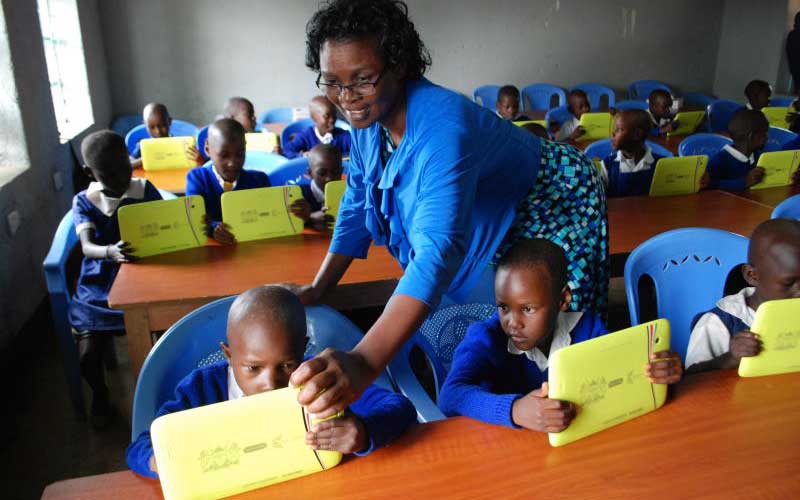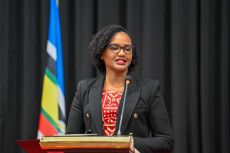It was recommended by the Taskforce on Realignment of Education to the Kenya Constitution 2010 and global standards, following a nationwide needs assessment in 2016 that highlighted gaps in soft skills among learners.
In the education sector, Kenyans are familiar with the term Competency Based Curriculum (CBC). Since its launch in 2017, CBC has sparked widespread discussion across media and communities.
Introduced to replace the 8-4-4 system, it has experienced both progress and challenges, as is common with evolving national systems. The CBC follows a 2-6-3-3-3 structure: two years of pre-primary, six years of primary, three years of junior secondary, three years of senior secondary, and a minimum of three years in tertiary education.
It marks a shift from an examination-centered model to a more value-based approach, where learners develop practical skills and competencies. The system encourages students to engage with 21st-century knowledge, digital literacy, and self-expression helping them reason and solve problems from their own perspectives.
Importantly, CBC emphasizes collaboration between parents and teachers, addressing a gap that existed in the previous curriculum. This involvement helps families stay connected to their children’s growth and interests, reinforcing the role of the family as a cornerstone of Kenyan society.
While many Kenyans have voiced concerns about the system’s implementation and the economic pressures it presents, it’s also important to recognize the broader vision behind CBC.
It was recommended by the Taskforce on Realignment of Education to the Kenya Constitution 2010 and global standards, following a nationwide needs assessment in 2016 that highlighted gaps in soft skills among learners.
CBC is not the product of a single idea it reflects decades of educational reform. The Ominde Commission of 1964 emphasized education for national development. The Gachathi Report of 1976 promoted vocational training and made Kiswahili a compulsory subject to strengthen communication.
The Mackay Commission of 1981 led to the establishment of Moi University and advocated for technical and vocational education to foster self-reliance. The Kamunge Report of 1988 introduced cost-sharing and emphasized universal primary education.
The Koech Commission of 1999 addressed early childhood development and proposed adaptable curriculum content to meet changing societal needs.
These efforts, among others, laid the foundation for CBC, which is still being implemented in phases. While issues such as resource constraints and leadership gaps have affected progress, the vision remains clear.
It is upon educators, parents, policymakers, and citizens to contribute in different ways, however small, to ensure that future generations benefit from a more inclusive, relevant, and empowering education system.
Stay connected with us on WhatsApp and X for instant updates and breaking news as it happens.



-1772541181-md.jpg)





-1772541181-sm.jpg)


